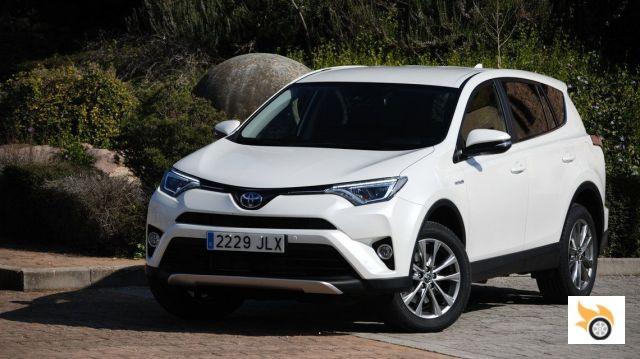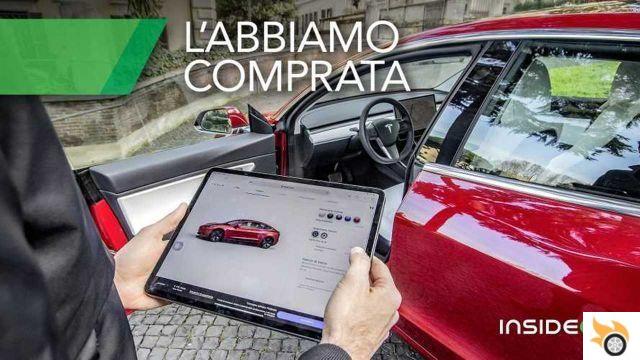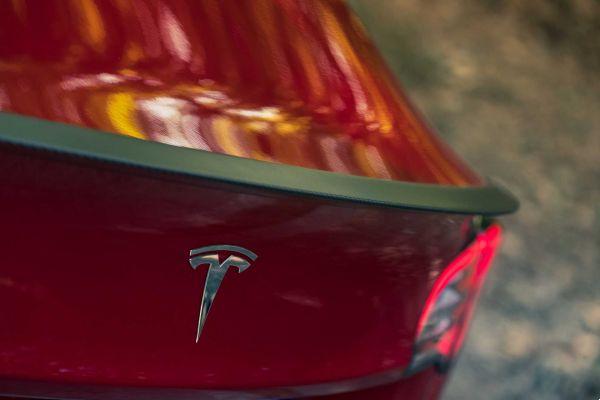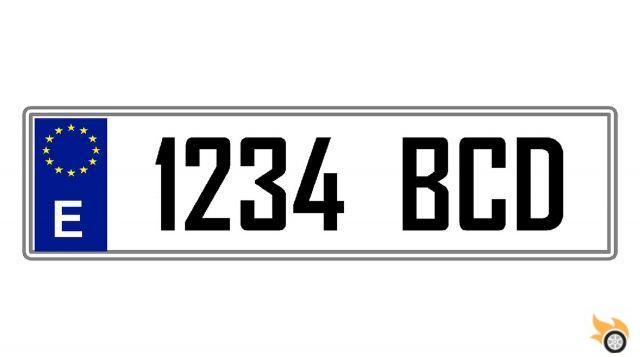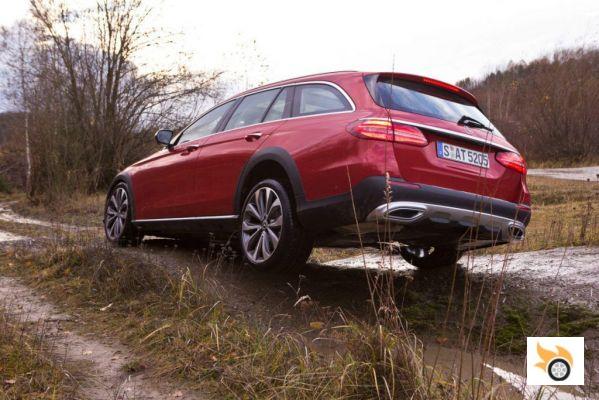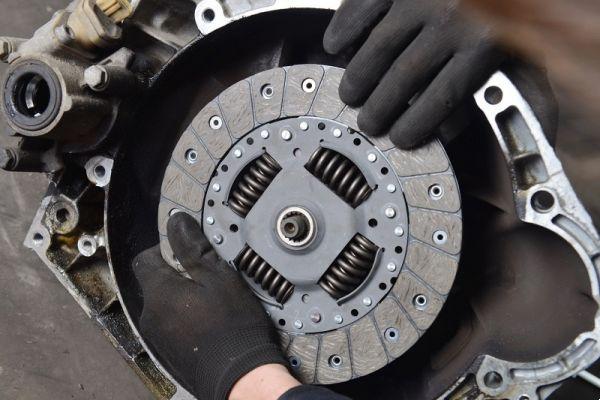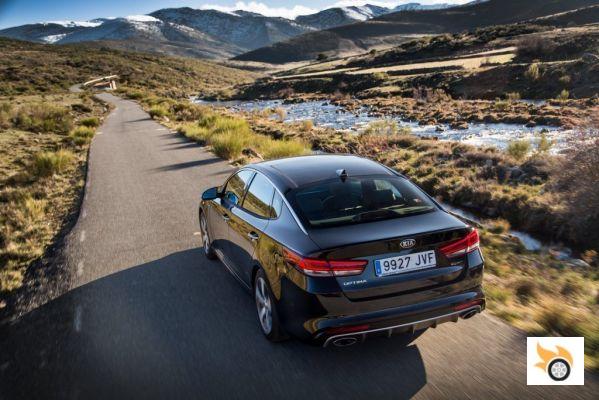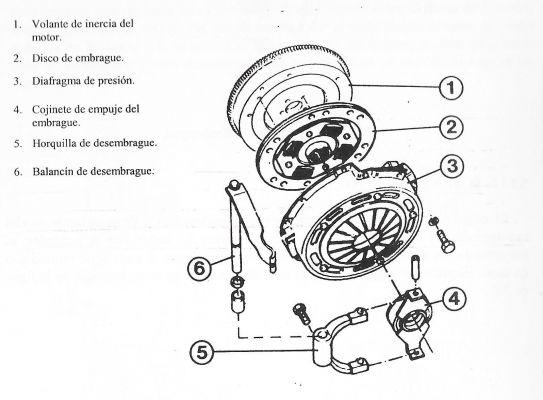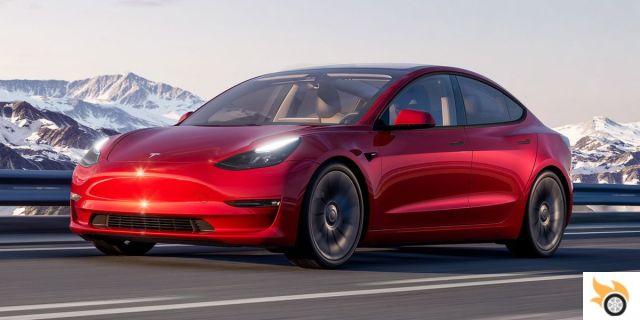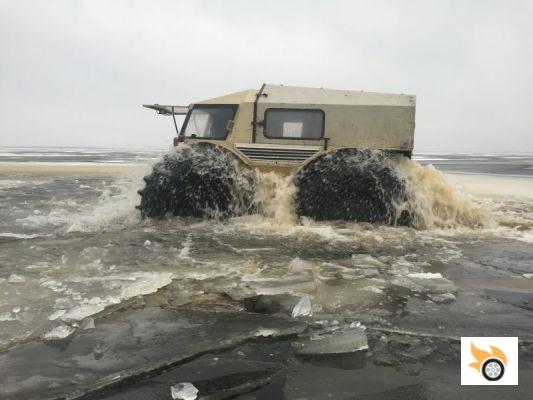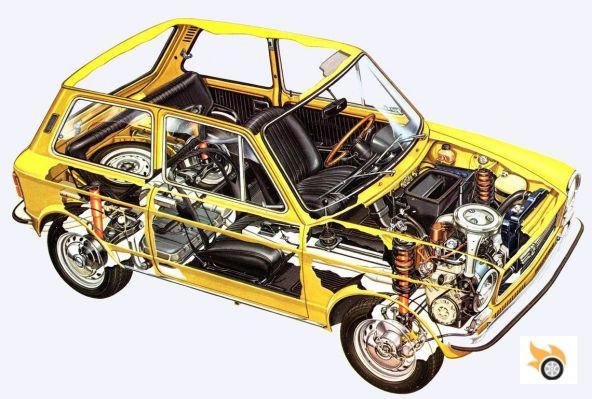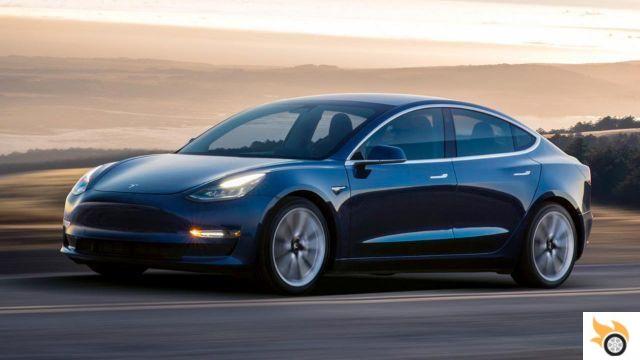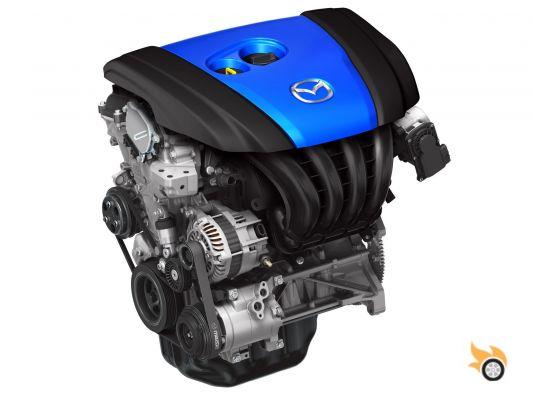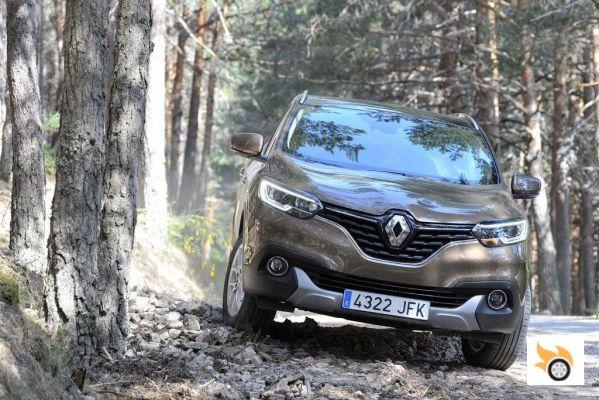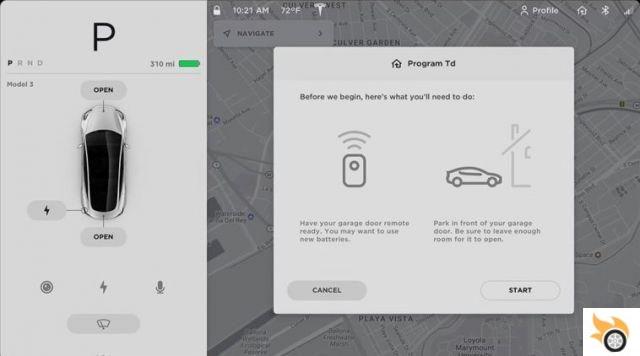
It's no secret that Tesla comes with a lot of bells and whistles. In case you haven't already been informed, it can automatically open or close your garage door without pressing a button! This feature makes getting home a breeze and you'll never have to worry about finding your garage door opener again.
This unique feature is called Homelink. Not only can it connect to your garage, but Homelink can tune into different radio frequencies to control gates, lights or even aspects of your security system.
However, while every Tesla is equipped with this miraculous ability, depending on the model, year and local area, your vehicle may not have the Homelink module installed.
Let's take a look at some of the options and see how they compare to Tesla's Homelink.
EVEConnect con myQ®
First on our list is EVEConnect with myQ, a leader in residential security and innovative home technology. With many partnerships, including Apple HomeKit, Ring and even Amazon, myQ is an application that allows you to control your home from your smartphone or tablet.
You can open or close garage doors, turn lights on and off, change the thermostat temperature, and more. Now with myQ, you can enjoy these same features from your Tesla Model 3.
EVEConnect is a web-based dashboard application available for Tesla. Adding myQ to your EVEConnect application on your Tesla will mimic many of the same desirable features offered by Homelink.
EVEConnect with myQ is a great alternative to Tesla's Homelink because it allows you to open or close your garage door at a predetermined distance from your residence. myQ is also significantly cheaper than Homelink. Getting Homelink installed in your Tesla will cost you $325, while a myQ subscription for Tesla is less than $40 a year.
EVEConnect with myQ Pros and cons
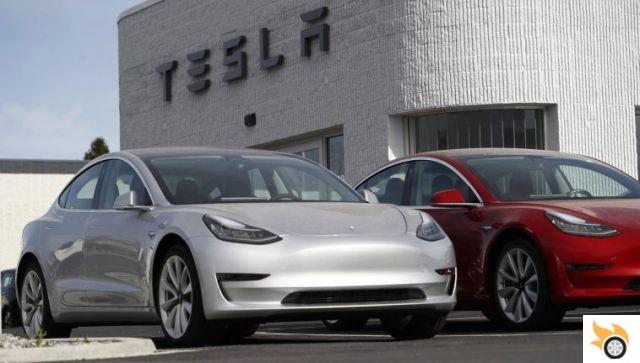
The "E" in Elon Musk may be about to explode
Elon Musk may be able to buy himself a short trip to space, but he hasn't yet acquired the superpower of being completely fireproof. (Maybe he can't pass the boss level? Weird). In the last few years since Tesla first hit the streets, there have been a handful of accidents where Tesla models have caught fire or exploded.
You're probably thinking, well, any car can catch fire and explode. Why should this be a special issue for a Tesla? (Some of you may be ahead of me.) Teslas don't run on gasoline, so any reports of flames and smoke with perhaps a loud bang could question the safety of their batteries and other parts.
So how does that happen? How worried should you be? Do Teslas explode often? You can relax, as this is a rather rare phenomenon. (If you happen to be reading this inside a Tesla, you might want to take a minute and let your blood pressure return to normal. I'm sorry about that.)
Any electric vehicle is far less likely to explode than those old stone age gas-powered cars. However, the Teslas caught fire and burned. Here's what you need to know.
Tesla is on fire! … Literally
If you do a quick Google search, you'll quickly realize that the Tesla explosion has occasionally been a hot topic of debate on social media over the past couple of years. It first gained average progress in 2018 after a fatal car crash involving a Tesla was reported in the popular news. Let's take a closer look at some of the relationships, shall we?
Keep in mind that while all of the examples below involve the Tesla Model S, nothing specific about the Model S suggests they're more prone to fires than other models or different types of cars, for that matter. Vehicle fires have also been reported, including Model 3s and Model Xs.
2018: Fort Lauderdale, Florida: Tesla Model S
On Tuesday, May 8, 2018, there was a fatal traffic accident in Fort Lauderdale, Florida involving a 2014 Tesla Model S. According to police, the vehicle was driving along the Seabreeze Boulevard freeway when it suddenly went off the road and crashed into a concrete barrier where it immediately caught fire.
Initial concerns surrounding this tragic event were that the lithium-ion batteries used to power the Teslas were unsafe and could be at particular risk of explosion or fire.
An investigation conducted by the National Transportation Safety Board determined that the cause of the ignition in the battery was that the vehicle was traveling 116 miles per hour upon impact with the wall.
Therefore Tesla's battery was not at fault for causing the flames. The sheer force and heavy impact of a car weighing several tons against a wall can cause a fire regardless of vehicle type.
2018: Los Angeles, California: Tesla Model S
Later that same year, in June, reports of a Tesla apparently combusting spontaneously. The same Tesla Model S was driving down a street in Los Angeles when the driver was alerted by pedestrians that his car appeared to smoke heavily.
A Tesla spokesman commented on the incident, saying the battery fire was incredibly unusual. Due to its specific battery design and placement, the car's interior cabin was not affected despite the fire.
2021: San Francisco, California: Tesla Model S
More recently, in 2021, a couple's home in San Francisco was destroyed in a fire started by one of their two Teslas located in their downstairs garage. Tesla has come under scrutiny again for potential risks involving its battery technology. While Tesla has not spoken directly to the press about this incident, many EV companies, including Tesla, have warned drivers not to leave their cars charging overnight or leave them unsupervised.
Did you know that?
Car fires cause more damage than you might think. The National Fire Protection Association (NFPA) released a statement saying that in 2018 alone, vehicle fires caused direct property damage totaling nearly $2 billion.
However, modern technology improves the rate of car explosions and fires that occur every year. Since 1980, the number of street fires has decreased by 60%.
Tesla vehicle safety
According to the 2021 Vehicle Safety Report released by Tesla, over the past decade, for every 210 million miles traveled by its vehicles and drivers, there has been only one fire incident. To put this into perspective, data collected by the NFPA in the United States reported that overall car statistics reveal that for every 19 million miles driven, there is one vehicle fire.
Random Tesla Stat:
In 2021, Tesla reported just one crash for every 210 million miles driven, a statistic that has improved over the years. Here are Tesla's vehicle fire reports for the past four years:





